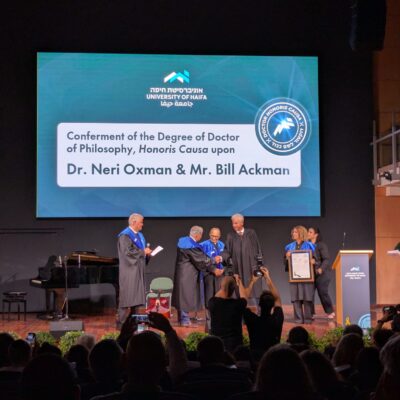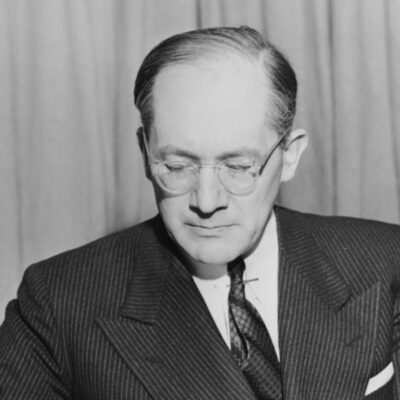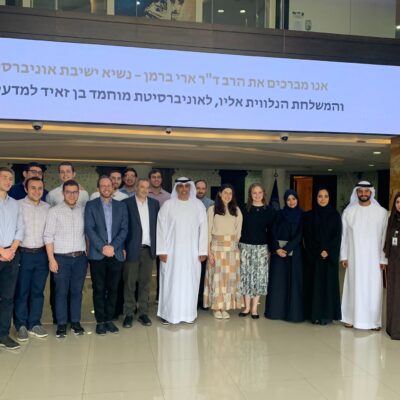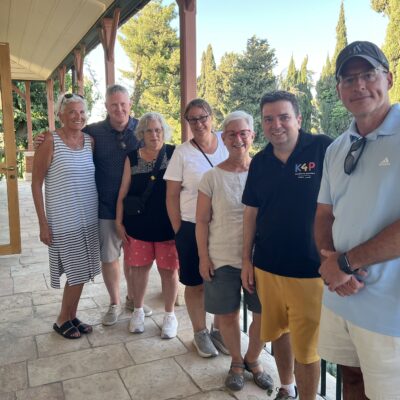Israel Education for Knowledge, Connection and Stance

By Jonah Hassenfeld
How do we want young people to think and feel about Israel? According to the 2014 Hearts and Minds report, which surveyed dozens of day schools, hundreds of teachers and thousands of students, Jewish educators hope to make students feel good about Israel. “Nearly everyone interviewed,” wrote the study’s authors, “agreed that [Israel education] is about love and pride.” But keeping Israel lovable means keeping Israel simple: “The more a school teaches about the complexities of contemporary Israel,” the report concluded, “the more that school undermines a precious consensus point.” In other words, schools keep Israel simple to avoid the controversy that accompanies complexity.
No wonder some have pushed back. Other Israel educators have argued that unless students learn about Israel “warts and all,” their love of Israel – which, after all, is still the ultimate goal – will be shallow and naïve, instead of mature and sophisticated.
Recently, Alex Sinclair argued that Israel educators should focus less on feelings. They should stop “asking how to connect American Jews to Israel.” Instead, in his view, Israel Education in America should become an “agenda-driven youth movement.” He pushes the American Jewish community to “challenge sacred cows” and suggests, for example, that teachers encourage their students “to use the Israeli Declaration of Independence as a proof text for raising hard questions about Israel’s current policies.”
It seems Israel educators have three options:
- Focus on “connection,” which seems to be a euphemism for love.
- Focus on connection while also addressing “the complexity” of Israel (whatever that means).
- Push students to become ambassadors of some political agenda.
All three of these groups, Sinclair included, agree that Israel educators should tell students what to believe. The main difference seems to be that Sinclair thinks students should believe center-left things, while other Israel educators think students should believe center-right things. But even if it we could transmit our beliefs to our students, it’s not obvious that we should (see here). Young people can tell when you’re pushing an agenda. All too often, these efforts backfire.
We can teach towards connection without telling students what to feel. We just have to broaden “connection” to mean engagement more generally. Sinclair tells us to stop teaching towards connection, but only because he takes for granted that American Jews feel engaged with what’s happening in Israel. Otherwise, why would he imagine that American Jews would move in the left of center direction he advocates rather than disengaging altogether? Unless we offer students opportunities to connect to Israel, those students who use Israel’s Declaration of Independence as a “proof-text for asking hard questions about Israeli policies” may simply decide that it’s not worth engaging at all.
At Gann Academy, we have worked closely with Sinclair and he has shaped our thinking about Jewish education. But over the past year, we have articulated an approach to Israel education that keeps connection at the center. We aim to achieve a set of Israel education goals that we call knowledge, connection and stance. We aim for students that are knowledgeable about Israel, not merely able to spit back memorized factoids, but capable of articulating many perspectives on the most pressing issues facing Israel and the Jewish people today.
We aim for students that are connected to Israel. But this connection is not limited to love and pride. In our view, connection represents the catalyst for civic engagement. Sinclair praises those Jews who stood against President Trump’s immigration ban. These American Jews acted only because they felt connected to America. Without a deep connection to America, they could not have felt motivated to act. Feeling connected to Israel doesn’t need to mean that you feel good about Israel. It just means that you care about what happens there. If we want our students to feel invested in the future of Israel, it would be foolish to abandon efforts to foster connection.
When students know about Israel and connect to Israel, they will be able to take stances (provisional though they may be). That is, they will be able to articulate a vision for the future of Israel and take action to bring their vision about. Some of our students may adopt the center-left stances that Sinclair advocates, but others will move in different directions equally grounded in knowledge and connection.
We must teach our students to challenge sacred cows and ask hard questions, but if we don’t help our students form deep connections to Israel, they may not feel that the “hard questions” are even worth asking.
Jonah Hassenfeld is Assistant Director of Teaching and Learning at Gann Academy.

 Add EJP on Google
Add EJP on Google









